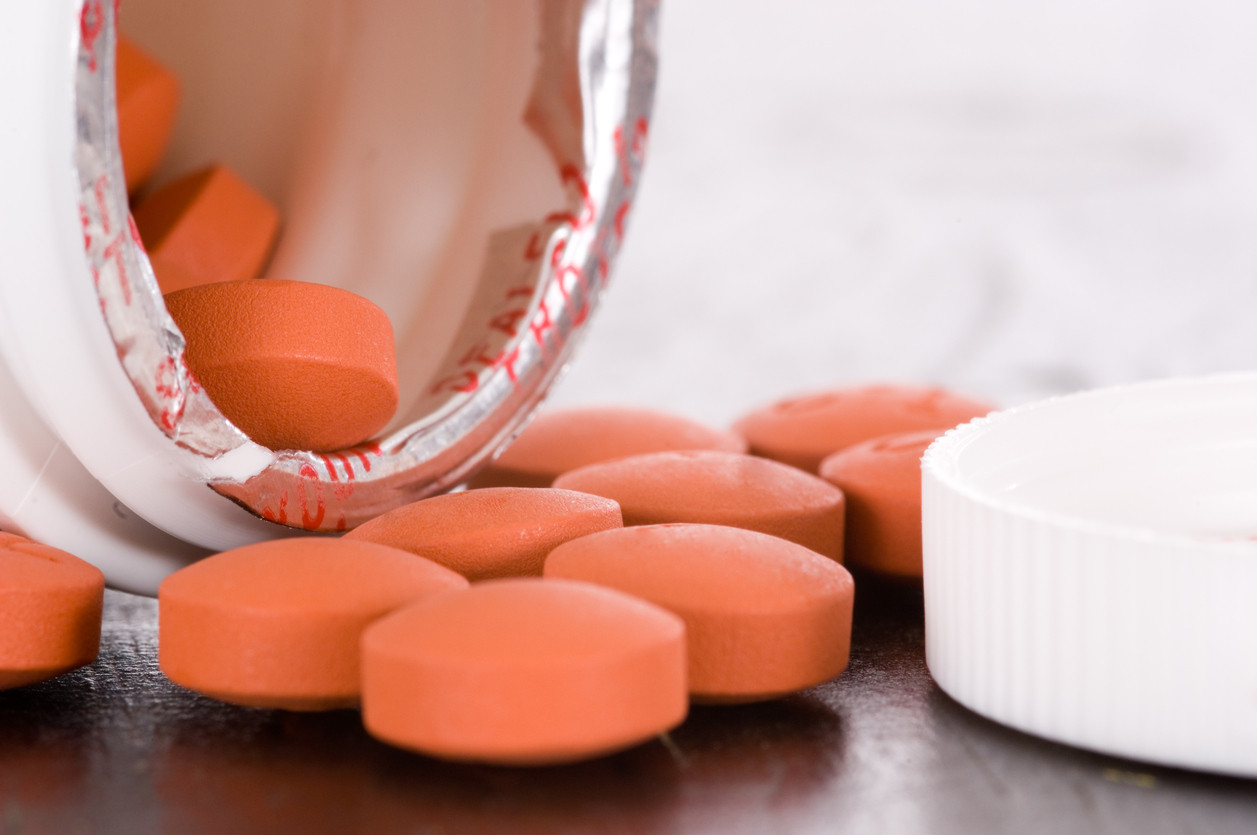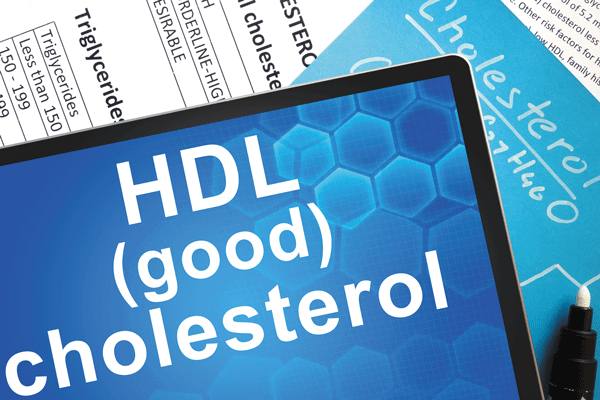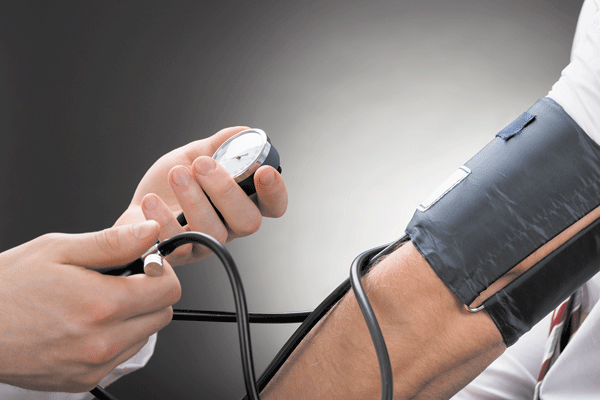
Can saw palmetto treat an enlarged prostate?

How does Ozempic work? Understanding GLP-1s for diabetes, weight loss, and beyond

Zinc: What it does for the body, and the best food sources

Respiratory health harms often follow flooding: Taking these steps can help

Tips to leverage neuroplasticity to maintain cognitive fitness as you age

Can white noise really help you sleep better?

Celiac disease: Exploring four myths

What is prostatitis and how is it treated?

What is Cushing syndrome?

Exercises to relieve joint pain
Heart Health Archive
Articles
Drugs to prevent heart attacks may also lessen their severity
Medications such as aspirin, statins, ACE inhibitors, and beta blockers are prescribed to certain patients to lower the chance of a first or repeat heart attack. New research shows that they also may reduce the severity of attacks that do occur.
New studies suggest a calcium-rich diet is safe for the heart
A review of 31 studies indicated that calcium intake of 2,500 milligrams or less per day does not increase the risk of developing heart disease in healthy adults.
Pill-free ways to lower high blood pressure
Reduce your dependence on medications with these strategies.
More than a third of all adults in the United States have high blood pressure—a systolic pressure (the top number in a reading) of at least 140 millimeters of mercury (mm Hg), or a diastolic pressure (the bottom number) of at least 90 mm Hg, or both. The condition injures blood vessel walls and forces the heart to work harder, increasing the risk for heart disease and stroke.
Taking medication to treat high blood pressure is just part of the solution.
Atrial fibrillation: Diagnosing and treating an abnormal heart rhythm
An abnormal heart rhythm — when your heartbeat is too slow, too fast, or irregular — may be a fleeting, harmless event. But it may also be a symptom of a more serious heart condition. One of these common abnormal heart rhythms, known medically as arrhythmias, is atrial fibrillation.
Atrial fibrillation
In atrial fibrillation (afib, for short), the heart's upper chambers, or atria, quiver instead of beating normally. The result is a fast, irregular heartbeat, which may lead to dizziness and fatigue but is often symptomless. A related condition is called atrial flutter.
HDL cholesterol: How much is enough?
Research suggests that raising good cholesterol beyond a certain point doesn't offer any extra benefit for the heart.
Image: designer491/Thinkstock
When it comes to cholesterol, it's mostly about the numbers. You want less of the "bad" low-density lipoprotein (LDL) cholesterol and more of the "good" high-density lipoprotein (HDL) kind. This combination is often associated with a lower risk of cardiovascular disease. Sounds simple—and it is, for the most part. But while most attention is spent on driving down bad LDL, you still have to keep your eyes on the good HDL, as some research suggests that after a certain threshold, higher levels don't offer extra protection.
The role of cholesterol
Balancing act
One reason higher HDL may not always be effective is that it needs help to do its job. Another study found that HDL's protective role depends in part on the levels of both LDL and triglycerides (another type of blood fat that helps make up your total cholesterol).
The research, published online May 10, 2016, by Circulation: Cardiovascular Quality and Outcomes, analyzed data over 25 years on about 3,500 people. Researchers looked at people with both low and high HDL levels and those with normal and high levels of LDL and triglycerides.
They found that for optimal protection against cardiovascular disease, there needs to be a balance among all three. Higher HDL (40 mg/dL or higher) helped to reduce cardiovascular disease only when LDL and triglycerides were low (100 mg/dL or less). When LDL and triglycerides rose above 100 mg/dL or 150 mg/DL, respectively, higher HDL had no effect.
The ideal numbers
Beware of low diastolic readings when treated for high blood pressure
New research has linked heart tissue damage to blood pressure treatments that drive diastolic pressure (the bottom number in a reading) too low.
Men: talk with your doctor about resuming sex after a heart attack
A majority of men do not talk about resuming their sex life after a heart attack, which may lead to sexual problems like lack of interest and erectile difficulties. Researchers say that before being discharged from the hospital, men should expect to have a conversation with their physician about when it’s okay to resume all regular activities, including sex. If the topic does not come up, men should take the initiative.

Can saw palmetto treat an enlarged prostate?

How does Ozempic work? Understanding GLP-1s for diabetes, weight loss, and beyond

Zinc: What it does for the body, and the best food sources

Respiratory health harms often follow flooding: Taking these steps can help

Tips to leverage neuroplasticity to maintain cognitive fitness as you age

Can white noise really help you sleep better?

Celiac disease: Exploring four myths

What is prostatitis and how is it treated?

What is Cushing syndrome?

Exercises to relieve joint pain
Free Healthbeat Signup
Get the latest in health news delivered to your inbox!
Sign Up









